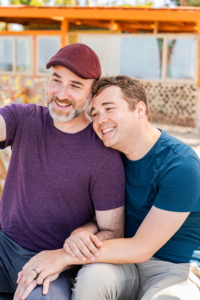Meet The First Farm Intern
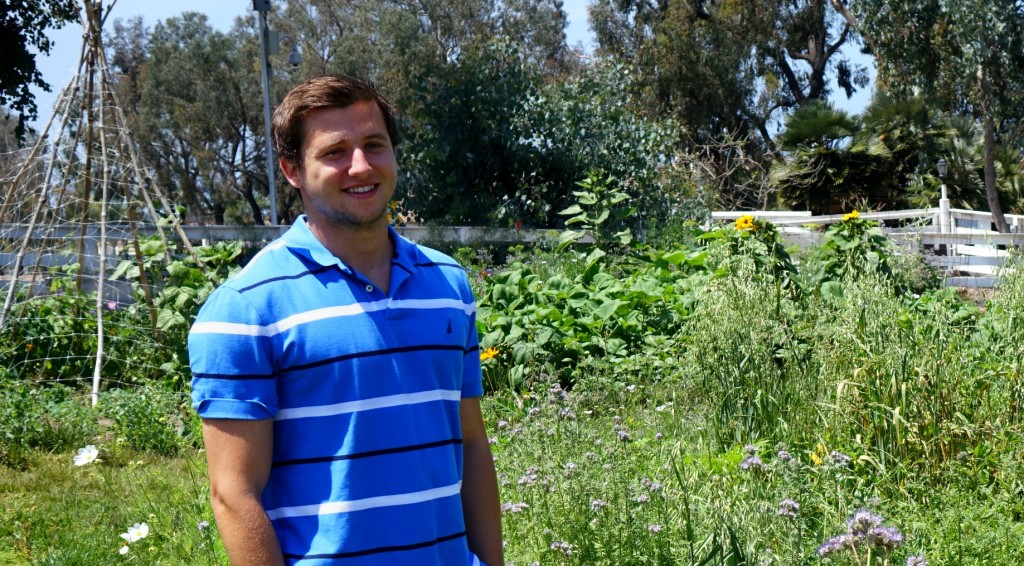 The Leichtag Foundation would like to introduce our first farm intern, Martín Vicario of University of California Davis and offer him a warm welcome!
The Leichtag Foundation would like to introduce our first farm intern, Martín Vicario of University of California Davis and offer him a warm welcome!
Martín Vicario grew up in North County San Diego, and comes to us from the UC Davis, ranked number 1 in the world for its agricultural program. Martín will be documenting the farm’s activities and recommending possible alternatives to make production more efficient. He studies Sustainable Agriculture and Food Systems with an emphasis on Economics and Policy, and plans to graduate in 2017.
What inspired you to study agriculture?
The more selfish reason is that I love being in nature. For less selfish reasons, it’s the industry that needs the most help.
Why do you believe agriculture needs the most help?
I took a class regarding the negative environmental effects of unsustainable agriculture techniques, and that made me realize that this industry needs the most guidance. It starts with the three pillars of the sustainability problem: environmental, social, and economic. The economic pillar is the only one that does not have a solution and that is the one that interests me the most.
Did you apply to UC Davis knowing you would study agriculture?
Actually, I went to study medicine following in my dad’s footsteps. Then I took a class called “Feeding the Planet” and I got reeled into agriculture.
Had you farmed before that?
No, but I wound up as an intern at the UC Davis community farm. I did everything from seeding in the greenhouses to harvesting.
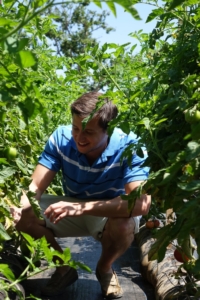
How has your experience on our farm been so far?
It’s been overwhelming in a very good way. I had the opportunity to sit in on a meeting with the San Dieguito School District and learn about the potential for student farming. In high school, I didn’t know farming was a legitimate career. In my mind a farmer was someone with overalls and a piece of hay sticking out of their mouth. The suburban lifestyle led me to believe that the only jobs I had to choose from were doctor, dentist, lawyer, and teacher… So, going to this school board meeting where they are talking about farming in schools was overwhelming. I thought I would be working on this in 30 years, not right now. And that was exciting.
What do you want to be working on in the future?
One week I’ll want to work on Wildlife Conservation. Another week, I’ll want to find an environmentally and financially sustainable way of farming. I believe agriculture is my future because I love nature and I want to mitigate the irreversible damage that agriculture has caused.
Is there anything else you’d like to say?
I am very thankful and honored to be a part of the farm team on the Leichtag Foundation property this summer. I am excited to be surrounded by like-minded individuals who are not only practicing sustainable techniques in agriculture, but also making the effort to spread awareness and teach others about agriculture in the community and the school district.

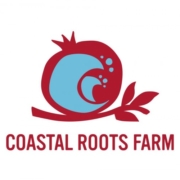

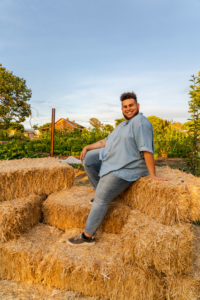 Black, Jewish and Queer. These three identities weave the fabric of who I am, but it took a long time to believe that they could exist together.
Black, Jewish and Queer. These three identities weave the fabric of who I am, but it took a long time to believe that they could exist together.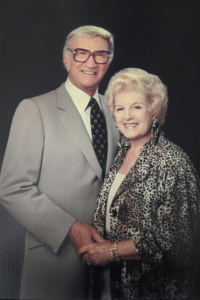 Lee and Toni Leichtag established the Leichtag Foundation in 1991 following the sale of their business. Lee and Toni were lifelong entrepreneurs with a passion for innovation and for supporting talent. They believed that only with big risk comes big reward. Both born to families in poverty, Toni to a single mother, they strongly believed in helping those most in need and most vulnerable in our community. While they supported many causes, their strongest support was for young children and the elderly, two demographics who particularly lack voice in our society.
Lee and Toni Leichtag established the Leichtag Foundation in 1991 following the sale of their business. Lee and Toni were lifelong entrepreneurs with a passion for innovation and for supporting talent. They believed that only with big risk comes big reward. Both born to families in poverty, Toni to a single mother, they strongly believed in helping those most in need and most vulnerable in our community. While they supported many causes, their strongest support was for young children and the elderly, two demographics who particularly lack voice in our society.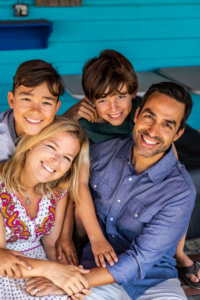 Lifelong Baltimoreans, Rabbi George and Alison Wielechowski and their sons, 11-year-old Lennon and 9-year-old Gideon, are more than pursuing the good life in Southern California. Having moved to San Diego more than three years ago, they are fulfilling a lifelong dream.
Lifelong Baltimoreans, Rabbi George and Alison Wielechowski and their sons, 11-year-old Lennon and 9-year-old Gideon, are more than pursuing the good life in Southern California. Having moved to San Diego more than three years ago, they are fulfilling a lifelong dream.
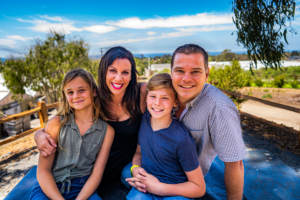
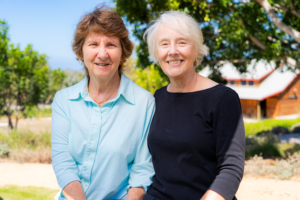

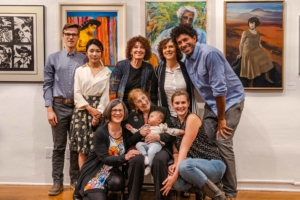
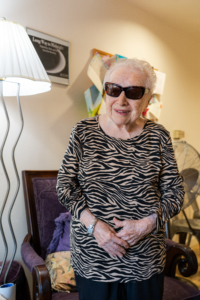
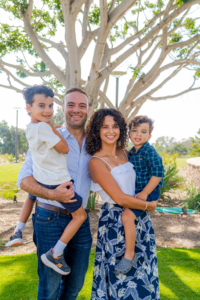
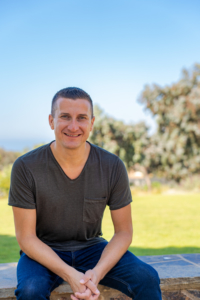 You would think that as the executive director of San Diego LGBT Pride, Fernando Zweifach López Jr., who uses the pronoun they, has done all the coming out they possibly can. A queer, non-binary individual who has worked for many years on civil rights issues, López also speaks openly and often about their father’s family, Mexican-American migrant workers who tilled the fields of rural California.
You would think that as the executive director of San Diego LGBT Pride, Fernando Zweifach López Jr., who uses the pronoun they, has done all the coming out they possibly can. A queer, non-binary individual who has worked for many years on civil rights issues, López also speaks openly and often about their father’s family, Mexican-American migrant workers who tilled the fields of rural California.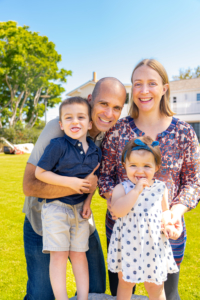 Stacie and Jeff Cook understand commitment. They live it.
Stacie and Jeff Cook understand commitment. They live it.